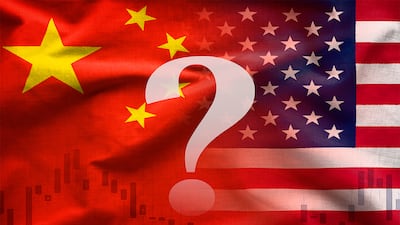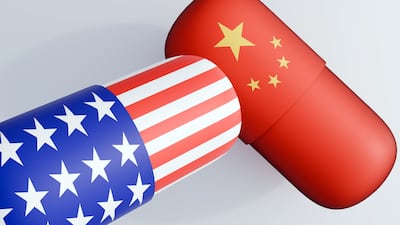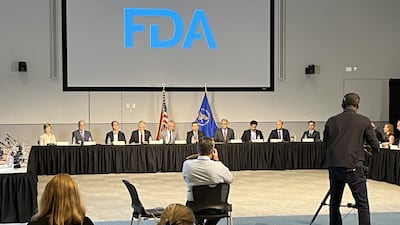China
By accepting qualified data from overseas trials to support drug registration in China, recently revised regulations for the implementation of the country’s Drug Administration Law aim to solidify regulatory pathways for use of such data and the more efficient market entry of innovative drugs.
Newly revised regulations for the implementation of China’s Drug Administration Law transition to a market authorization holder/product-centered regulatory approach in response to the rapidly changing biopharma environment.
Amgen's Bradner explained the rise of China on the global biopharma stage, while Flagship's Afeyan called out US government policies on biomedical research. Plus, concerns about the FDA's gene therapy capacity in our conference notebook.
In 2025, China’s regulatory agencies and biopharma industry reaped the benefits of previous years' efforts to accelerate clinical trial starts and improve commercial insurance coverage for certain innovative medicines.
Legal experts talk to the Pink Sheet about the new US BIOSECURE Act’s potential short- and long-term impacts on China’s biotech industry following its signing into law at the end of 2025.
A modified version of the BIOSECURE Act is finally signed into law in the US under cover of the annual defense bill, but views on its likely impact on Chinese biopharma contractors remain mixed and unclear until watchlists are drawn up.
For 127 products in the annual price negotiations for inclusion in China's National Reimbursement Drug List, the "success rate" this year was 88.19%, the highest ever, although the extent of related price cuts was not revealed.
Among products granted conditional approval in China over the 2020-22 period, the completion of confirmatory trials and conversion to traditional approval took up to a median of five years, according to a Pink Sheet analysis.
The message that the US may lose its lead in biotech to China appears to have bipartisan resonance on Capitol Hill. That sets a favorable context for the kickoff of the next user fee reauthorization process.
China’s NHSA expects to release the first list of innovative drugs to be covered by commercial health insurance in early December, but implementation, payment collection and data sharing are expected to be among the main hurdles ahead.
A new 10-year, government-supported R&D program in China will focus on new targets and emerging technologies which can be translated into first-in-class drugs and give birth to top players in the global pharma industry.
China's NMPA announces new measures designed to speed up access to imported medicines already launched abroad ahead of their final formal regulatory approval in China.
China’s new 30-day pathway for IND review and approval is designed to speed up the entry of qualified innovative medicines into clinical trials, but multiple eligibility criteria apply.
China’s NHSA in August released for the first time a preliminary list of innovative drugs under commercial insurance, along with a preliminary list of products under the National Reimbursement Drug List.
The proportion of China-originated drugs granted expedited reviews in China doubled in the first half of this year, Pharmaprojects data show, surpassing those receiving similar treatment in the US and likely driven by multiple factors.
Amid the wait for an action plan to apply AI tools to drug regulation at the national level in China, capital city Beijing has released its own vision of scenarios for the technology in the healthcare sector.
China has announced a raft of new measures to encourage innovative drug development across the product life cycle, including using insurance data to differentiate new therapies and applying commercial insurance to selected novel products.
FDA regulation was painted as an obstacle to US dominance in the cell and gene therapy space even as panelists at an agency event praised the Office of Therapeutic Products' track record under Nicole Verdun.
At this year’s DIA China meeting, the national regulator updated its policy focus areas for this year, including clinical trial data protection and pilot projects to shorten IND approval times.
Legislation prohibiting work with certain Chinese biopharma firms will be reintroduced soon, Democratic Sen. Gary Peters said. And it will not be the only bill tied to international biotech competition and security concerns that will be considered.


















